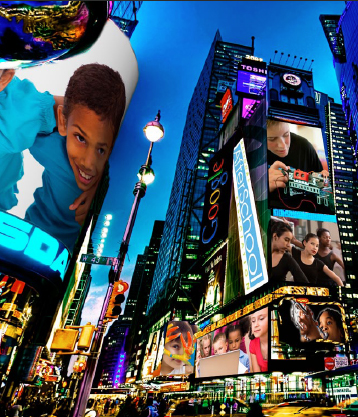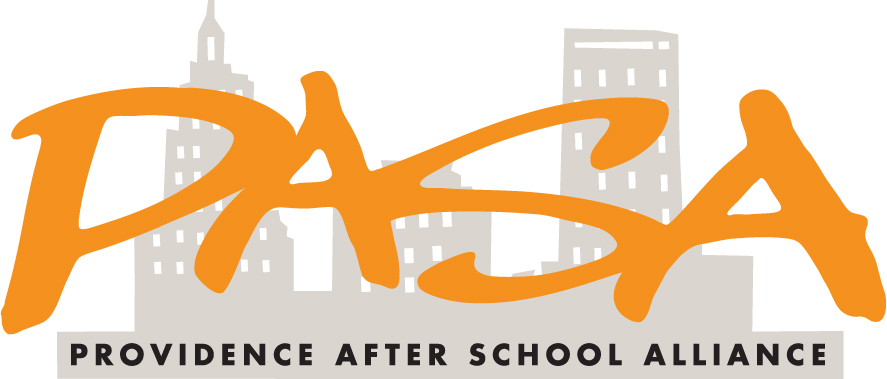
By Naomi Jacobs, AfterZone Scholars Coordinator
posted 3.6.14

Last weekend I had the pleasure of joining my afterschool colleagues from around the country at the National Afterschool Association Convention in New York City. The theme of this year’s convention was Experience Innovation, so many of the workshops and panels focused on experiential education, innovating through community partnerships, and developing unique approaches to designing quality programs.
I teamed up with Professional Development practitioners from two of PASA’s Every Hour Counts partners—Prime Time Palm Beach County and The After-School Corporation (TASC) in New York—as part of a panel discussion moderated by Nina Agrawal at Every Hour Counts. Our discussion focused on deepening professional development for STEM educators in scalable, high quality ways.
My presentation addressed the ways in which PASA is bringing informal and formal STEM educators together through summer professional development. To accomplish this, all of our outcomes and program expectaions are clearly stated during the first orientation, and then all trainings are closely aligned to those shared outcomes. Trainings also employ best practices and focus on modeling—developing skills in our educators that we also want our youth to leave the program with. To accomplish this, we model what the lesson experience will feel like for youth by having each of the educator teams go through it from start to finish. Educators do a teambuilding activity, an inquiry-based STEM challenge or experiment, a group work activity, and finally, a reflection activity.
It was a fantastic experience to be able to learn some of the innovative professional development techniques being used around the country. Liz White, from Prime Time Palm Beach talked about how their organization has tailored its professional development to better meet the needs of individual educators. As part of this, they’ve developed a one-on-one coaching model, as well as an online portal that features a searchable index of STEM professional development tools that educators can access and download. They’ve also created a Pinterest board of STEM activity ideas.
Lisa Mlelke from TASC spoke about the challenges and strategies for scaling up professional development that goes deep on math and literacy skills. TASC has 600 programs spread across a large area, so one of the key takeaways from her presentation was around the importance of flexibility with regard to time and scheduling. Many of her educators have to travel an hour or more on public transportation, which can sometimes affect scheduled sessions. This is something she’s begun to take into account when planning her trainings.
It was great to hear everyone’s different approaches to professional development, but I enjoyed the commonalities even more. Each organization spoke to the importance of building positive relationships with organizations in your community to further support and help deepen professional development. We all recognize the importance of coaching and differentiating feedback. Similarly, a common theme was to keep it personal—educators know what tools and practices they need, so professional development should be fliexible enough to accomodate that. We all talked about how it’s important to have different types of educators involved in a system because everyone is able to learn from one another and gain new and different perspectives, skills, and tools to reach a common a goal—informal and formal educators each have something important to bring to the table.
And finally, and most importantly, if you want to ensure high quality programs, professional development is not optional, it’s necessary. As with any key aspect of your program or organization, what you put into it is what you will get out of it, so leave plenty of time to plan and implement professional development and make sure it’s connected to your desired program and youth outcomes.
If you want to learn more about the convention, you can see the workshop and panel topics here.
